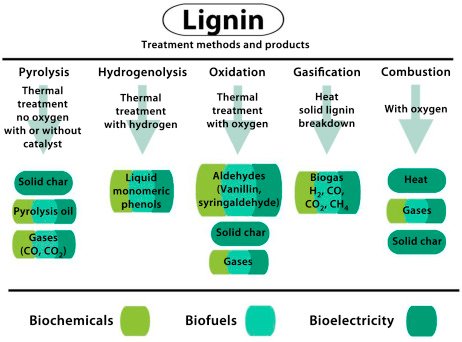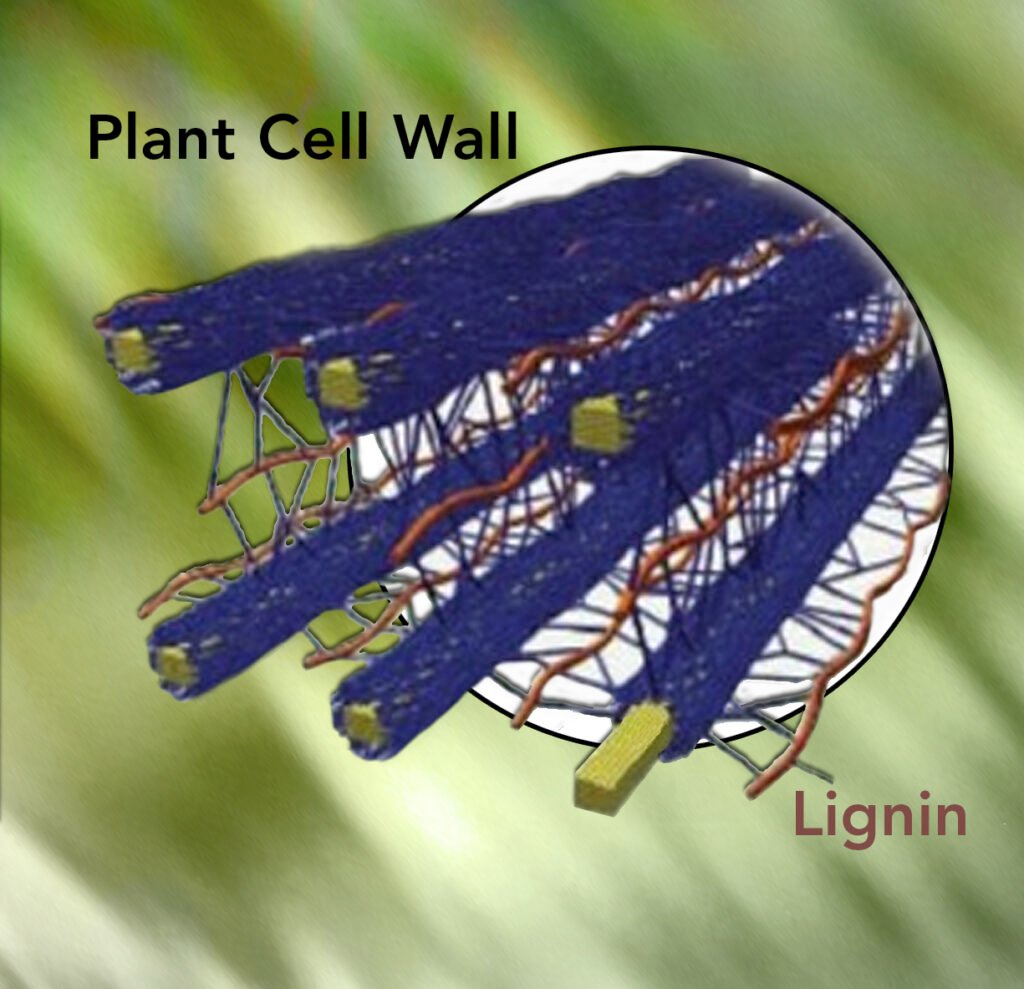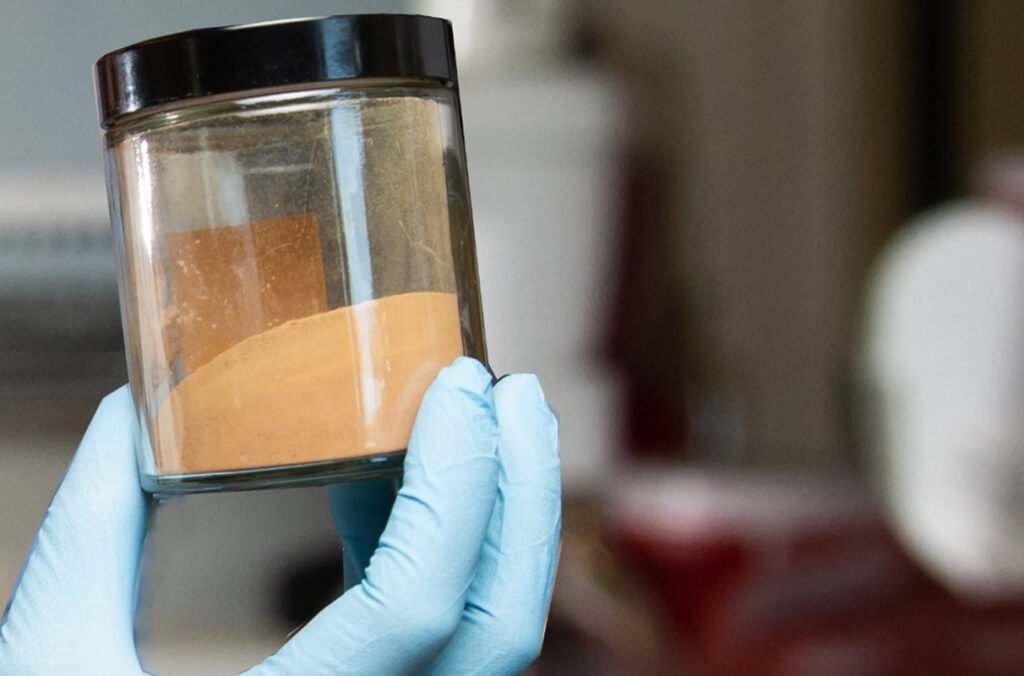
Zero-emission aviation on a large scale is still years away. That is why aviation stakeholders are so enthusiastic about biofuel. Lignin is the tough component of plants that gives them their toughness. Lignin is similarly difficult to convert into biofuel and other bio-based chemical products.

However, a team of researchers from Washington State University and the Pacific Northwest National Laboratory has developed a biomimicry solution to the problem. It employs an artificial robo-enzyme that replicates the natural process of lignin breakdown, only better, quicker, stronger, and for a longer period of time.
The novel enzyme is based on naturally existing enzymes of fungus and bacteria that may degrade fallen logs in the forest, lignin and all. The challenge is getting them to pick up the pace and function efficiently in a human-made system. To do this a protein-like molecule known as a peptoid was one of the major components used by the study team. They are a synthetic replica of the naturally occurring peptides found in enzyme active sites.

If the novel bio-mimetic enzyme can be refined further to boost conversion yield and create more selective products, it might be scaled up to an industrial scale. The method provides new pathways to renewable materials for applications such as aviation biofuel and biobased products, among others.
Reference- Journal Nature, Clean Technica, Pacific Northwest National Laboratory Mediaroom






